Interview: Peter Gargiulo, President, 4QD Strategy Consulting
Sev Fevzi
August 17, 2022
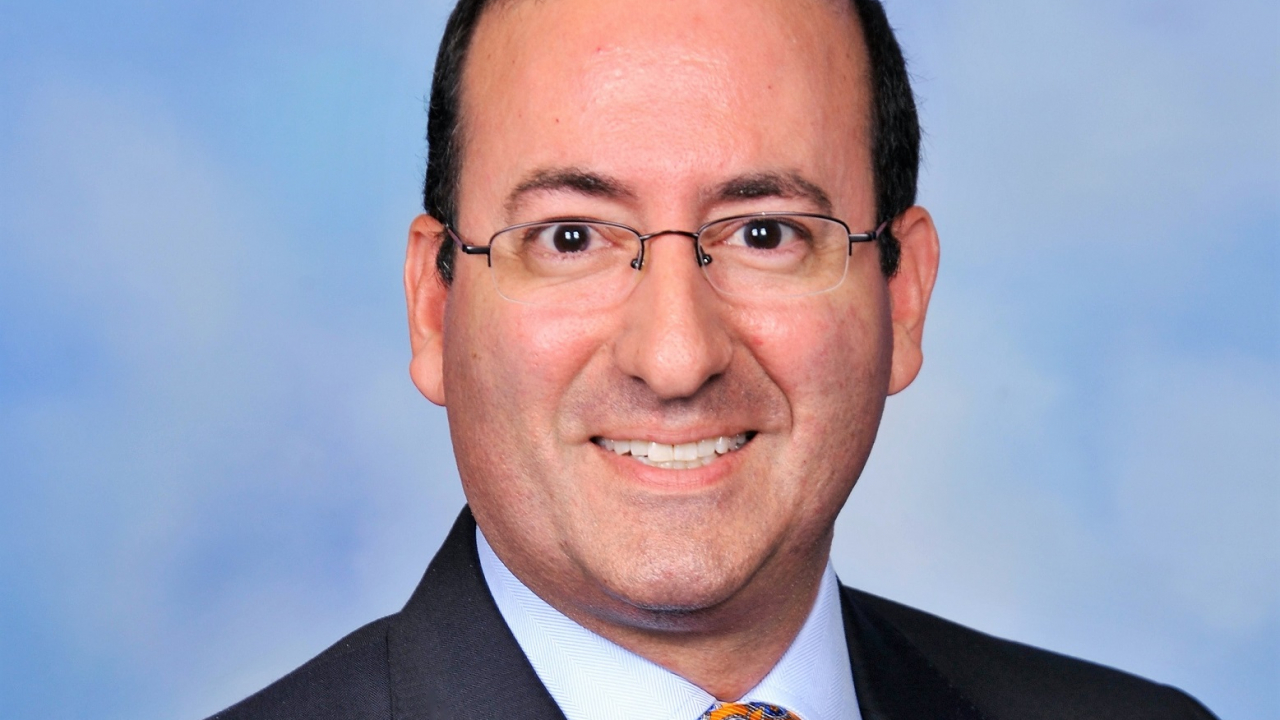
|
In the latest in her ‘Interview’ series for IR Pulse on customer experience (CX), Modalis associate Sevda Fevzi talks to Peter Gargiulo, President of 4QD Strategy Consulting, and a Modalis Infrastructure Partners associate, about the role of different segments of the workforce’s in delivering a better service to the passenger. |
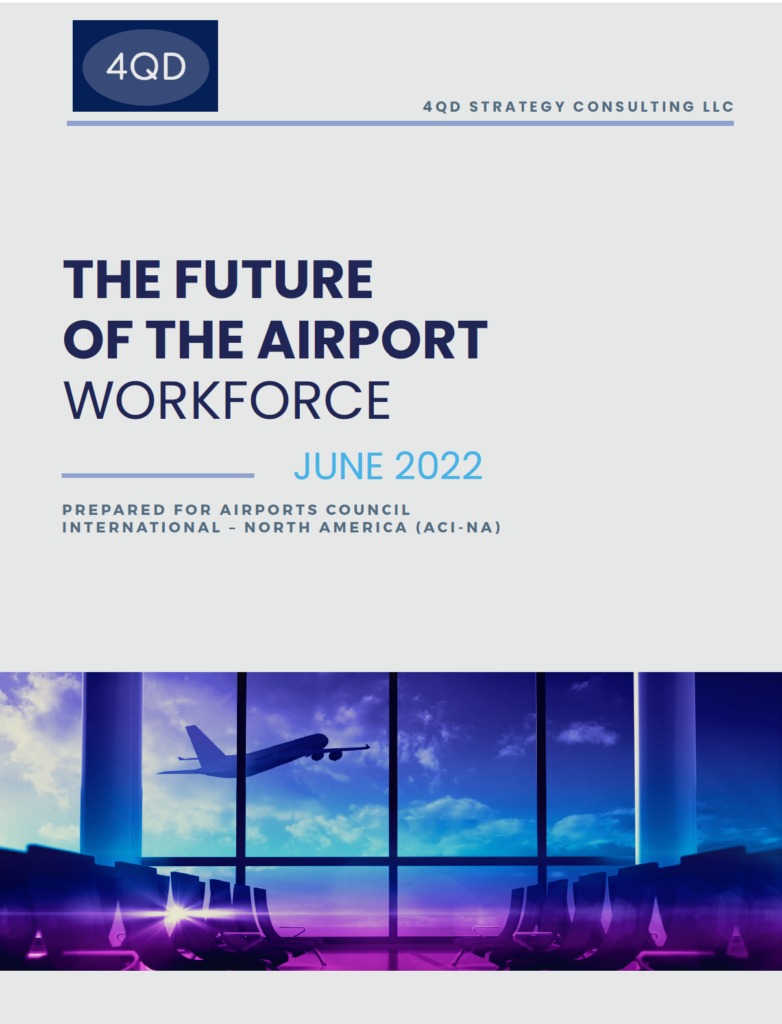 Peter Gargiulo has more than 25 years of diverse industry, operational, and international business experience. In his current role as President of 4QD Strategy Consulting he advises clients and senior executives and provides practical implementation assistance across matters of strategy, organizational effectiveness, and customer experience (CX).
Peter Gargiulo has more than 25 years of diverse industry, operational, and international business experience. In his current role as President of 4QD Strategy Consulting he advises clients and senior executives and provides practical implementation assistance across matters of strategy, organizational effectiveness, and customer experience (CX).
Gargiulo has served in a variety of industry leadership roles including ACI-NA’s Human Resources Committee, IATA’s Passenger Facilitation Working Group, ACI World’s Facilitation and Services Standing Committee, the Board of Directors for the Airport Minority Advisory Council (AMAC), and global IAP Community of Practice Board.
Prior to his current role, Peter was the Director of Strategy Management at Detroit Metropolitan Airport (DTW). Peter connected the management of CX with the overall business strategy.
Gargiulo holds a bachelor’s degree in economics from the University of Michigan, and an MBA from Wayne State University. He is an accredited International Airport Professional (IAP) and has authored the just-released ACI-NA’s The Future of the Airport Workforce report, he explains why CX workforce development should not be seen as a competitive process but one that can influence the airport industry’s success over the coming years.
Having just written a comprehensive report on the future of the airport workforce, what are some of the trends you see impacting CX?
During the past two and a half years, we have all faced a dramatically changing business and operating landscape—no more so than in how airports deliver customer experience excellence. Two trends in particular are driving this shift:
* Inclusiveness as a core expectation
* The accelerated role of technology.
We often think of inclusion—in other words having a voice and making meaningful contributions—as a characteristic that employees require of their organization. However, passengers also place a high priority on having an environment that is welcoming to them. Passengers want to see an airport workforce that is representative of their diverse backgrounds. This is especially true of passengers who traditionally have more difficulty navigating through the airport.
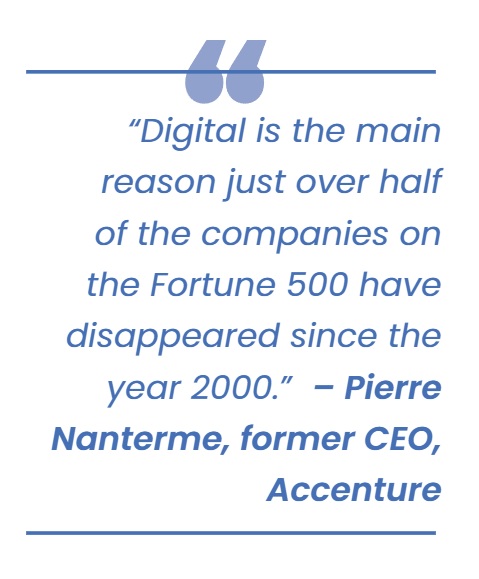 Alongside this, airports are increasingly using technology to manage a range of activities that impact passengers: think of the use of biometrics in security screening or autonomous robots cleaning terminal floors. Technology can play a dramatic role in upgrading key (and often frustrating) passenger processes; maintaining essential passenger physical touch points and infrastructure; and enhancing the services that airports offer.
Alongside this, airports are increasingly using technology to manage a range of activities that impact passengers: think of the use of biometrics in security screening or autonomous robots cleaning terminal floors. Technology can play a dramatic role in upgrading key (and often frustrating) passenger processes; maintaining essential passenger physical touch points and infrastructure; and enhancing the services that airports offer.
Given these drivers, in a post-COVID world what skill sets should airports focus on?
Airports should prioritize four overarching types of skills:
-
The technical expertise required to run the airport’s operation, especially for passenger-facing applications, and the skilled workers who create and maintain terminal infrastructure
-
The ability to generate ideas through day-to-day encounters, intentional decision making, and strategic conversations.
-
The qualities that help employees adapt to, and navigate through, change and the variety of circumstances and environments workers confront.
-
Proficiency in leading and guiding individuals or groups, including the airport organization, its business partners, and key stakeholders.
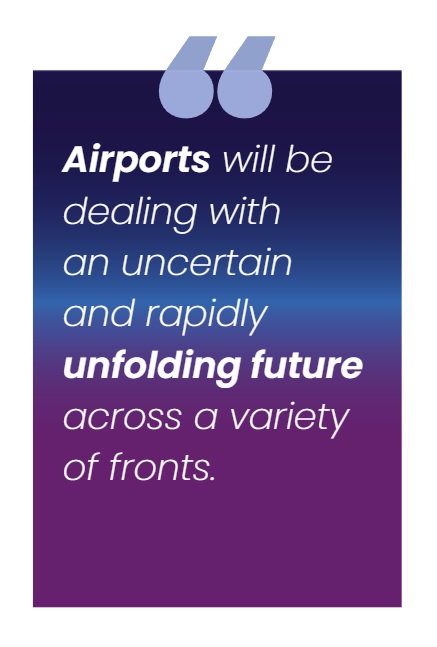 What specific capabilities should airports develop for frontline CX staff; operating departments and business units; and executive teams?
What specific capabilities should airports develop for frontline CX staff; operating departments and business units; and executive teams?
Frontline CX staff interact with passengers on a daily basis and are directly involved with delivering excellent customer service. They must be able to respond quickly to passenger inquires and provide clear directions, explanations, or answers. These employees should exhibit strong capabilities in:
-
Problem solving and resolution
-
Agility, flexibility, and versatility
-
Digital fluency (comfortable with the digital tools typically used in their job)
Operating departments and business units that are responsible for devising CX initiatives and programs must be able to listen to, and integrate, a wide range of ideas from vested departments and related business units, for example concessions, terminal operations, and landside services. These employees should have a solid foundation in:
-
Critical thinking and judgment
-
Navigating change
-
Building interpersonal and cross-functional connections and relationships
Airport executive teams are a distinctive group of employees who are responsible for influencing the overall work culture that can enable outstanding CX efforts to take place. Executives must be able to make wise decisions and consider their impacts for the entirety of the airport business, its stakeholders, and the local community. Executives should be especially experienced in:
-
Influencing without formal authority
-
Strategic thinking and future focus
-
Essential leadership behaviors that will inspire the organization to leverage each person’s unique contributions and deliver their best work.
What steps should airports consider now in expanding the skills of their CX workforce?
In today’s rapidly changing environment, growing the capabilities of the CX workforce necessitates building a future-oriented learning program. Only through a continuous investment in their people can airports deliver excellent service quality over time.
A learning program is more than simply training employees in traditional classroom settings. It is a comprehensive approach to developing the skills that matter in CX delivery by using a variety of proven learning methods.
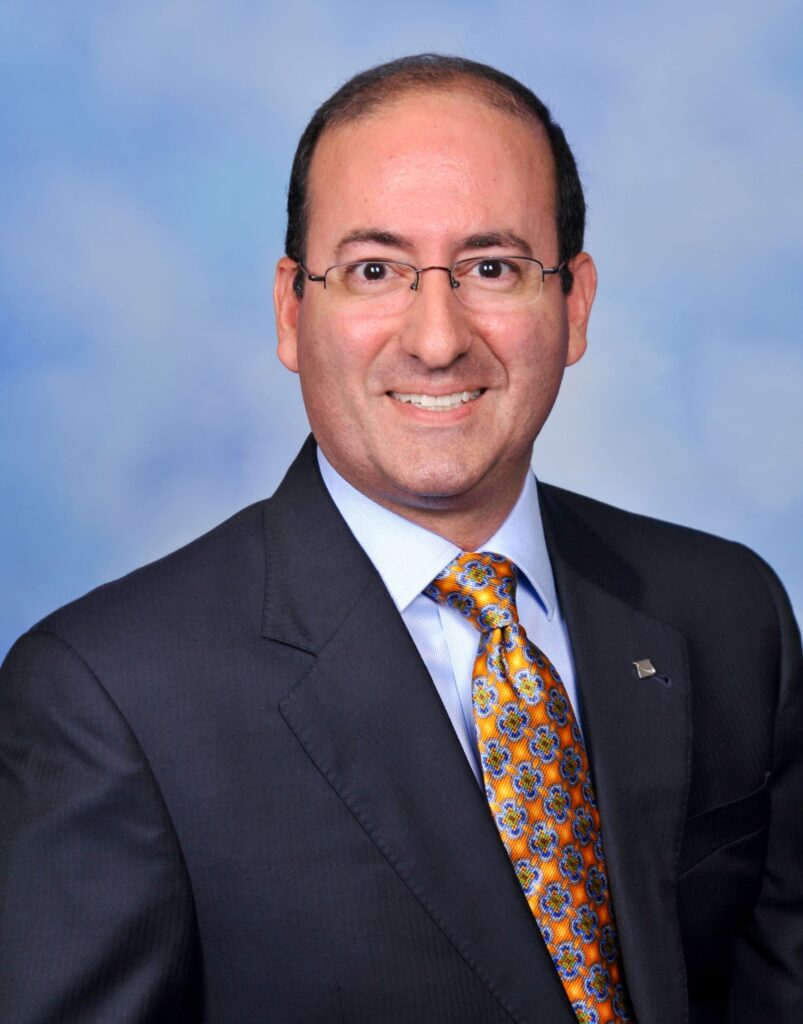
Gargiulo: “Raising the level of customer experience at all our airports is in the collective interest of the industry.”
Two factors are crucial in any successful learning program:
* Airport leadership that embraces employee learning opportunities whatever form it takes
* Motivated employees who have the tools to take charge of their own learning and growth development.
Do you have any final thoughts?
We often think that having an outstanding customer experience is a competitive differentiator between airports, especially those that are geographically close, serve similar passenger segments, or contend for limited air service opportunities.
However, raising the level of customer experience at all our airports is in the collective interest of the industry. Promoting a shared airport industry approach to CX workforce development may very well be what defines the industry’s success over the coming decade.
